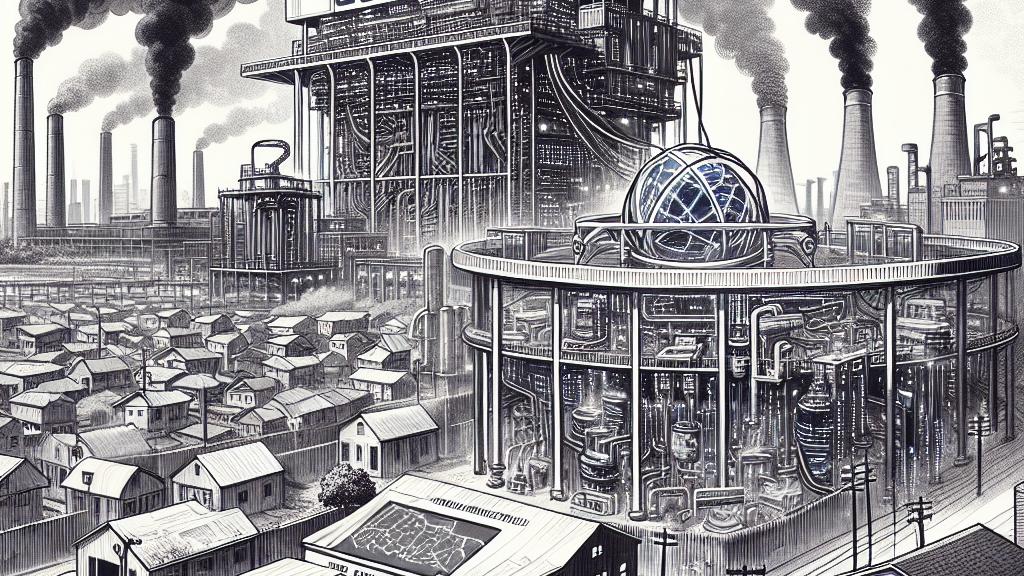Elon Musk's Colossus: Supercomputer Sparks Smog Showdown in Memphis!
Overview
- Elon Musk's xAI supercomputer project ignites environmental concerns in Memphis, Tennessee.
- Local neighborhoods, already grappling with pollution, face the prospect of heightened health risks.
- While aiming to revolutionize AI technology, the project raises critical questions about environmental responsibility.

An Unfolding Drama in Memphis
In Memphis, Tennessee, a captivating story unfolds as Elon Musk embarks on an audacious venture: constructing the colossal 'Colossus' supercomputer for his new company, xAI. This ambitious facility resides in an industrial zone already home to factories that have long contributed to significant air pollution. Nearby, historically Black neighborhoods suffer the consequences, with residents experiencing alarmingly high rates of asthma and reduced life expectancy due to chronic exposure to harmful pollutants. These heartbreaking realities set the backdrop for Musk's bold initiative, which, while promising groundbreaking advancements in artificial intelligence, also brings alarming implications for public health and safety.
The Weight of Environmental Costs
As the construction of Colossus accelerates, the projected operational demands are staggering—when fully online, the supercomputer is expected to consume a staggering 150 megawatts of power and utilize over a million gallons of water each day. These figures are not merely statistics; they translate to environmental impacts that could deepen existing pollution problems. In fact, given that around 60% of U.S. electricity is generated through fossil fuels, the potential carbon footprint of this project raises eyebrows among environmental advocates. Local activists from organizations like Memphis Community Against Pollution have voiced their concerns passionately. KeShaun Pearson, the organization's president, expresses dismay that, despite the monumental changes approaching their community, they have been largely excluded from discussions about the project’s implications. “We deserve to have a say in decisions that directly affect our health and our environment,” he asserts, echoing a sentiment shared by countless residents who feel sidelined in this critical conversation.
A Call for Responsible Innovation
As the Colossus project continues to unfold, it emerges as a crucial case study in balancing technological innovation with environmental stewardship. While the promise of advanced AI capabilities is undeniably exciting, it is essential to remember the impact such projects can have on local communities. The risk of exacerbating pollution and health disparities is a reality that cannot be ignored. Therefore, it becomes imperative for xAI and Elon Musk to engage deeply with the Memphis community, fostering dialogue and collaboration to address these pressing concerns. By prioritizing transparency and accountability, Musk's initiative has a unique opportunity to redefine how technology interacts with local environments and populations. In doing so, they can not only lead the way in advances in artificial intelligence but also set an example of responsible corporate conduct—one where innovation and community welfare go hand in hand.

Loading...